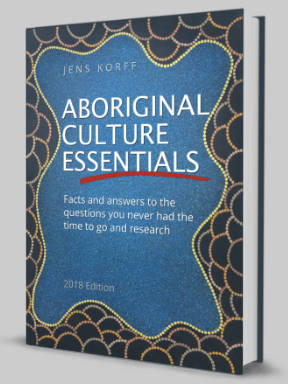History
A searchable Aboriginal history timeline
Search this Australian Aboriginal timeline for any word, by Aboriginal topic or within specific years; from before 1788 to present day.

Wishing you knew more about Aboriginal culture? Search no more.
Get key foundational knowledge about Aboriginal culture in a fun and engaging way.
This is no ordinary resource: It includes a fictional story, quizzes, crosswords and even a treasure hunt.
Stop feeling bad about not knowing. Make it fun to know better.
Search the Aboriginal timeline
Categories
Arts Conflict Dispossession Education Health Land & land rights Massacres Northern Territory Intervention Politics Prison Protest Recognition Reconciliation Remains repatriation Self-determination Sport Stamps Stolen Generations Stolen wages Treaty
By period
- Ancient history
- Pre-Cook (1400 – 1769)
- Early European (1770 – 1899)
- Early 20th century (1900 – 1969)
- Late 20th century (1970 – 1999)
- Early 21st century (2000 – 2010)
- Recent history
Australian Aboriginal history is the only history that grows both ways – forward into the present and backwards into the past as new scientific methods indicate that archaeological sites are much older than originally thought.
Just as we have learned about your history, please learn about ours.
— From the Ngambri petition claiming the area of Canberra, January 2007 [1]
Something that happened in February…
23 February 2015
Yaegl woman Pauline Clague wins the 2015 Stanley Hawes Award for her extensive work in championing and producing the works of Australia’s emerging and Aboriginal filmmakers. Pauline was the …